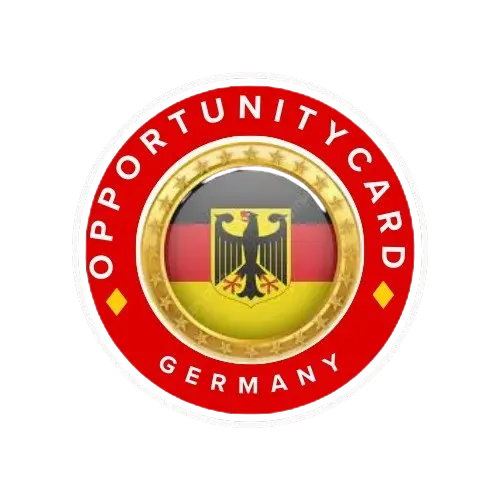
The Difference Between Opportunity Card, Blue Card, and Job-Seeker Visa Germany
Germany has always been open to immigrants and it is like a powerhouse for non-EU individuals who want to settle and work in Europe. The rich culture, better working conditions, robust economy, and high living standards are the main factors that make it a top destination for job-seekers. Here are the ways of entering Germany using different visas introduced by Germany:
German Job-Seeker Visa
This visa allows non-EU applicants to stay in the country for six months and search for jobs. However, the applicants are not allowed to work during their stay on this visa. You can search, apply, and give interviews for the jobs. You cannot work on this visa.
EU Blue Card Germany
This is the work and residence permit for highly professional individuals who have academic degrees and want to settle and work in Germany from non-EU countries. This visa does not require language proficiency proof. However, applicants from regulated professions like doctors, pharmacists, and nurses must possess B1-level German language skills.
Opportunity Card Germany
This new visa scheme allows non-EU skilled workers to stay in Germany for one year. They can also do part-time work for 20 hours a week until they secure a job relevant to their skills. German opportunity card is an excellent option for people who have professional degrees and skills. Especially, in the occupations which are facing labor shortage in Germany.
Comparison of Opportunity Card, Blue Card, and Job-Seeker Visa Germany:
The German economy is booming with opportunities for international talent to work in the country and advance in their careers. There is a huge demand in the country for skilled professionals and workers. Therefore, Germany has introduced different work visa schemes to attract a workforce to deal with the shortage of skilled workforce in the country.
Here is a comparison of the three main German immigration visa schemes to help you with the best option to move to Germany.
| Factors | German Opportunity Card | EU Blue Card | Job-Seeker Visa Germany |
|---|---|---|---|
| Purpose | Allows skilled workers to search for job opportunities in Germany | Allows highly skilled professionals to move to Germany after they get a job offer | Allows skilled workers to search for job opportunities in Germany |
| Stay Duration | 1 Year | Issued for 4 years maximum | 6 months |
| Part-Time Job | Allowed | Not allowed | Not allowed |
| Age | Less than 40 years | No specific age limit | No limit |
| Qualifications | Must hold a university degree from a recognized university(degree must also be recognized in Germany) | Higher Education degree from a recognized university | Must possess a master’s/ bachelor’s degree or Diploma from a recognized university |
| Employment Contract | Not required | Must have a job offer contract | Not required |
| Professional Training/ Work Experience | At least 5 years of professional training | Experience relevant to the job offer | At least 6 months of experience |
| Funds Required | € 12,324 | Minimum gross salary threshold of € 45,300 annually | € 5604 |
| Language Proficiency | B2 level: English A1 level: German | A1 level: German (GERR) | B1 level German (it’s optional) |
| Visa Cap | Cap is applied | Not applied | Not applied |
| Health Insurance Coverage | Must have health insurance coverage | Must have proof of valid health insurance coverage | Must have health insurance coverage |
| Move Family | No | Yes | No |
| Cost of Visa | € 75 | € 110 | € 75 |
Calculate your chances of getting the chancenkarte by visiting our home page for the points calculator.
Conclusion:
Germany has long been the most sought-after destination in Europe for job seekers and immigrants. It is also among the top countries that offer thousands of job opportunities to non-EU nations. The German immigration process has improved tremendously to accommodate and attract professionals and skilled workers from around the globe.
The main purpose is to deal with the shortage of labor in the country. However, the applicants get to take advantage of the high standard of living, excellent working environment, and a chance to be a permanent resident of Germany. So, no matter if they choose an opportunity card, Blue card, or a Job-seeker visa in Germany, they are at the winning end.
It is better to choose a way that is best suited according to your skill set, expectations, and financial conditions.
